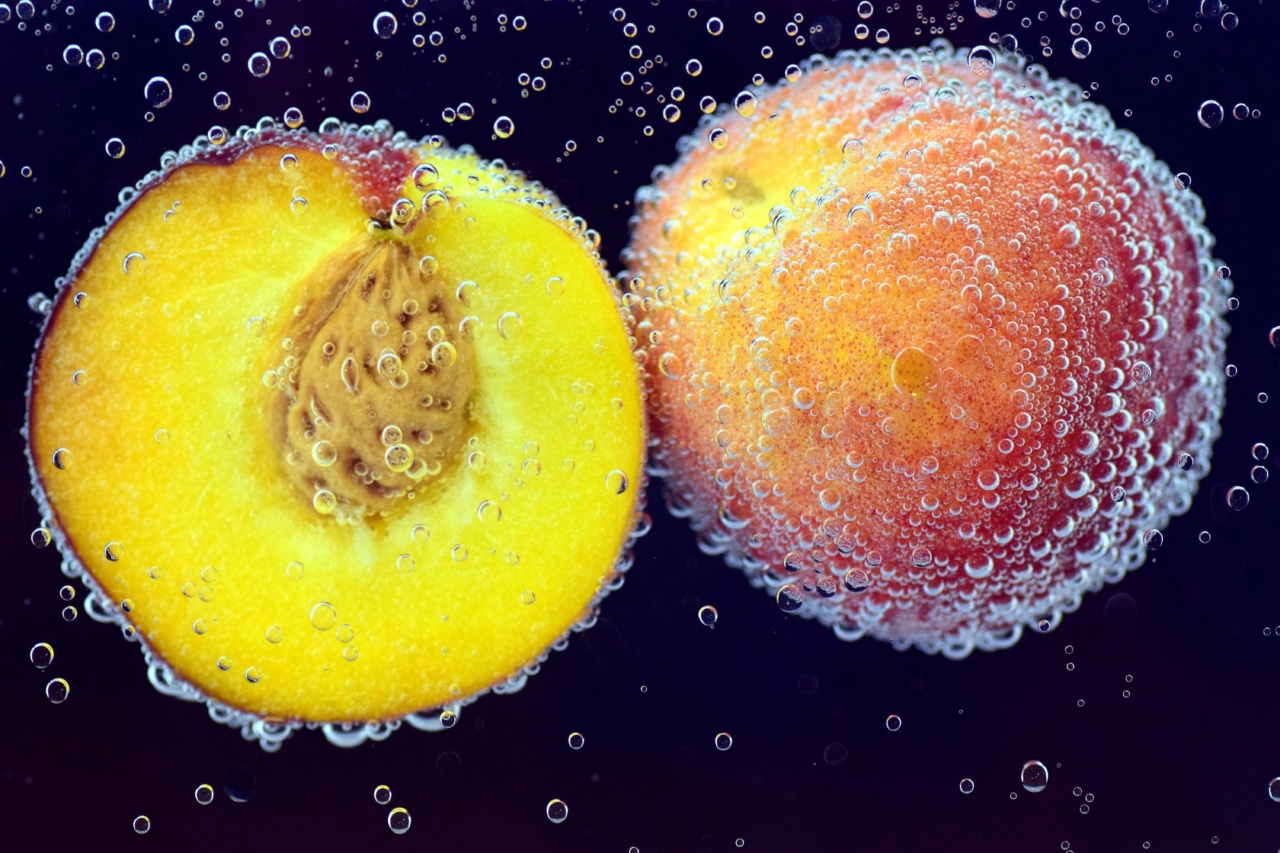When it comes to our health, we often focus on avoiding major illnesses like heart disease or cancer. However, one condition that is often overlooked but can be incredibly painful is kidney stones.
These small, hard deposits form in the kidneys and can cause excruciating pain when they pass through the urinary tract. While there are several factors that contribute to the development of kidney stones, diet plays a significant role. In this article, we will explore the stone-free diet – a dietary approach to prevent the formation of kidney stones.
Understanding Kidney Stones
Before diving into the stone-free diet, it’s important to understand the nature of kidney stones. Kidney stones are solid masses that form in the kidneys when certain substances in urine become highly concentrated.
The most common types of kidney stones are calcium stones, which are made up of calcium oxalate or calcium phosphate.
Other types of kidney stones include struvite stones, uric acid stones, and cystine stones. Each type has different causes and requires specific treatment approaches.
However, a common thread among all types is that diet can significantly influence their formation.
The Importance of Hydration
One of the most crucial aspects of the stone-free diet is proper hydration. Dehydration can lead to highly concentrated urine, providing an ideal environment for kidney stones to develop.
It is recommended to drink at least 8-10 glasses (64-80 ounces) of water per day to maintain adequate hydration.
In addition to water, certain fluids like lemonade and citrus juices can be beneficial. Citrate, a component found in these fluids, helps prevent the formation of kidney stones by binding to calcium and inhibiting crystal growth.
Reducing Sodium Intake
Excessive sodium consumption can contribute to the formation of kidney stones, particularly calcium stones. High sodium levels in the body increase calcium excretion through the urine, leading to elevated concentrations in the kidneys.
To reduce sodium intake, it is essential to limit the consumption of processed and packaged foods, which are often high in salt. Instead, opt for fresh, whole foods and use herbs and spices to add flavor to your meals.
Controlling Oxalate-Rich Foods
Oxalate is a substance found in many plant-based foods that can bind with calcium to form kidney stones. While it’s not necessary to completely eliminate oxalate-rich foods from your diet, moderation is key.
Foods high in oxalate include spinach, rhubarb, beets, nuts, chocolate, and certain teas.
If you are prone to calcium oxalate stones, it’s recommended to limit your consumption of these foods and also ensure you’re getting enough calcium to bind with oxalate in the digestive system, reducing the risk of stone formation in the kidneys.
Embracing a Balanced Diet
Following a stone-free diet involves adopting a balanced eating plan that encompasses a variety of nutrient-rich foods. This includes consuming a mix of fruits, vegetables, whole grains, lean proteins, and low-fat dairy products.
It’s important to note that extreme dietary measures, such as overly restrictive diets or crash diets, can actually increase the risk of kidney stones.
A well-rounded, balanced diet is the key to maintaining overall health and preventing stone formation.
The Role of Calcium
Calcium is often associated with the formation of kidney stones, leading many people to believe they should limit their calcium intake. However, consuming an adequate amount of calcium is crucial for reducing the risk of stone formation.
When dietary calcium is insufficient, the body begins to absorb more oxalate from the digestive system, increasing the likelihood of calcium oxalate stone formation.
Therefore, rather than avoiding calcium, it is important to ensure you meet the recommended daily calcium intake through sources such as dairy products, fortified plant-based milks, and leafy greens.
Moderating Animal Protein
Diets high in animal protein, particularly from red meat, have been linked to an increased risk of kidney stones. Animal protein can increase the levels of uric acid and calcium in the urine, leading to stone formation.
While it’s not necessary to completely eliminate animal protein from the diet, moderation is essential. Opt for lean sources of protein such as chicken, fish, or plant-based alternatives like legumes and tofu.
The Role of Sugar and Fructose
High sugar and fructose intake can contribute to the development of kidney stones. Excessive fructose consumption can increase the excretion of calcium and other stone-forming substances in the urine.
To minimize the risk, it is prudent to limit the intake of sugary beverages, including soda and fruit juices, as well as processed foods with added sugars. Instead, satisfy your sweet tooth with whole fruits, which also provide beneficial fiber.
Monitoring Vitamin C Supplementation
Vitamin C is an essential nutrient that boosts the immune system and supports overall health. However, some studies have linked high doses of vitamin C supplements with an increased risk of kidney stones.
While moderate vitamin C intake from food sources is generally safe, it is advisable to exercise caution when it comes to high-dose vitamin C supplements.
If you have a history of kidney stones, consult with a healthcare professional before starting any new supplementation regimen.
Conclusion
While the stone-free diet cannot guarantee complete prevention of kidney stones, it can significantly reduce the risk of their formation.
Hydration, reducing sodium intake, controlling oxalate-rich foods, embracing a balanced diet, ensuring adequate calcium, moderating animal protein, monitoring sugar intake, and being cautious with vitamin C supplementation are key factors in a stone-free diet. By making smart dietary choices and maintaining a healthy lifestyle overall, you can take steps towards protecting your kidneys and promoting overall well-being.






























